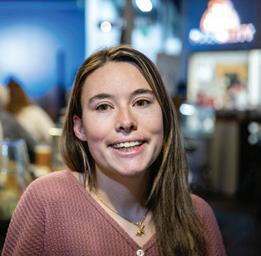
21 minute read
Northwest News
NORTHWEST SURPASSES 8,000 MARK FOR FIRST TIME
Northwest’s total headcount this fall is 8,505 students, making it the highest enrollment in the institution’s 117-year history. Th e number also represents an 8.1 percent increase from a year ago and the fi fth consecutive fall that Northwest achieved overall growth. The University also achieved a record retention rate with 79.5 percent of last year’s freshman class choosing to return to the University this fall. Although its overall headcount set a new high, Northwest recognizes it has work to do. Enrollment of on-ground undergraduate students at its Maryville campus decreased by 6 percent. Fueled by a surge in online enrollment, Northwest students represent 37 countries and 47 states. “We remain committed to a thriving, comprehensive university experience, and our record retention rate confi rms that students selecting Northwest value our strong academic programs, holistic student support, co-curricular experiences and profession-based learning opportunities,” Dr. Allison Strong Hoff mann ’99, ’03, Northwest’s assistant vice president of admissions and student success, said.
FALL 2022 ENROLLMENT NUMBERS
Graduate students 3,197 ( 24.7%) Online enrollment 2,546 ( 18.4%) International students 855 ( 17.9%) Dual credit enrollment 559 ( 16.5%) First-time freshmen 1,095 ( 13.6%) Underrepresented students 1,840 ( 13.4%) First-time transfers 309 ( 1.3%) SEARCH UNDERWAY FOR NEXT UNIVERSITY PRESIDENT NEXT UNIVERSITY PRESIDENT
A 15-member committee of Northwest faculty, staff, students and alumni have begun the search for the University’s next president with an intent to name the institution’s next leader this spring. The Presidential Search Committee convened in December to begin reviewing applicants and tentatively plans to start its interview process in January. Anthem Executive, a Houston-based search fi rm, is assisting Northwest with its recruitment of the next president and produced an 11-page national search prospectus that details the opportunity available to candidates as well as the requirements of the role and desired traits and experiences. The prospectus was compiled based on information gathered compiled based on information gathered from University stakeholders in the fall during from University stakeholders in the fall during a series of input sessions and through an a series of input sessions and through an online survey. online survey.
For more information and updates related to the presidential search, visit www.nwmissouri.edu/ presidential search, visit www.nwmissouri.edu/ presidentsearch. presidentsearch.
NEW BOBBY BEARCAT STATUE EXHIBITS UNIVERSITY PRIDE
Northwest dedicated a new campus landmark that adds to the University’s deep pride in its mascot.
A new statue depicting Bobby Bearcat stands east of the Carl and Cheryl Hughes Fieldhouse near College Park Drive in honor of Dr. John and Denise Jasinski, who served as the University’s president and fi rst lady from 2009 through last spring. It was made possible by Ron Houston, a friend of Northwest who has generously supported numerous building projects and academic initiatives. “Universities across the nation have erected statues of their mascots for decades,” Northwest Interim President Dr. Clarence Green ’94, ’10, said during the Oct. 22 dedication ceremony. “What makes us stand apart from everyone else is ours is Bobby Bearcat. What we have before us is a representation of family, culture, connection, a rich history and great pride. Future students, current students, faculty, staff , alumni and friends now have another university symbol on our campus to take pride in. Our campus will continue to change, but something that will remain constant and an image of our great community will be this statue.” Brandon Crandall, a freelance sculpture artist, designed and sculpted the bronze statue, which stands about 8 feet tall and weighs about 650 pounds.
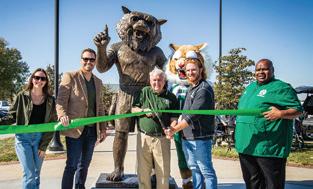
Left to right are Student Senate President Elizabeth Motazedi; sculpture artist Brandon Crandall; Northwest friend and donor Ron Houston; Joe Jasinski, son of Dr. John and Denise Jasinski; and Northwest Interim President Dr. Clarence Green.
EARLY CHILDHOOD PROGRAM PROVIDING QUALITY CARE FOR COMMUNITY, PROFESSION-BASED EXPERIENCE FOR STUDENTS
Two years after Northwest’s School of Education received a state grant to offer a child care and early education program, and one year after the University opened its early child care center, the program is thriving and helping people of all ages advance their learning. “We’re working every day to make it better,” Laura King, the director of Northwest’s Horace Mann Laboratory School and the Phyllis and Richard Leet Center for Children and Families, said. “It’s a partnership with our families, with our teachers, with our pre-service teachers. It’s been a real blessing, and to see how far we’ve come in one year is a huge accomplishment.” With the state funding aimed at improving the quality and availability of child care and early education programs, Northwest reconfigured the Leet Center in Everett W. Brown Education Hall, which also serves preschool children ages 3 to 5, by transforming a preschool classroom into a space that now provides infant and toddler child care for children ranging in age from 6 weeks to 3 years. Families served by the Leet Center may participate in the Missouri child care subsidy program, which provides child care support to families who need it most. The early child care center also helps Northwest provide valuable professionbased, clinical experience for early childhood majors in combination with the Leet Center’s mission as a community hub for quality child care. Expert, professional supervision provides a win-win for future teachers and families in surrounding communities. “We get to see the teachers model it and act it out, and we get to see firsthand how they handle situations,” Lexy Minton, a junior early childhood major from St. Joseph, said. “That’s been really helpful for me. I’ve realized how children can learn through play at such a young age.”
Racheal Wood, an associate teacher in the infant-toddler area, and staff at the early childhood center adapt activities and spaces as children grow. To read more of this story, visit www.nwmissouri. edu/alumni/magazine/.
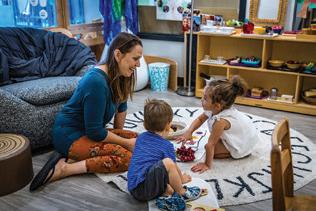
STUDENT NAMED PHYSICAL EDUCATION MAJOR OF THE YEAR
A decision to pursue her passion for physical education at Northwest has Abagale Lingle taking on leadership roles she hadn’t imagined previously, and now she’s representing the University and her field at a national level. The Society of Health and Physical Educators (SHAPE) honored Lingle as its Major of the Year during the organization’s national convention last spring in New Orleans, Louisiana. The award celebrates outstanding undergraduate students in the health, physical education, recreation and dance professions who are nominated by faculty. This fall, she appeared on the cover of SHAPE’s magazine, Momentum, sporting a Northwest Physical Education Club T-shirt with the Bearcat paw. “Being nominated by my professors at Northwest Missouri State was a huge honor by itself, but being selected to receive this award has been mind-blowing,” Lingle said. “I have only been in this major and organization for two years. Yet, the amount of support I have received and personal connections I have built from being involved in this amazing group has helped guide me toward becoming a quality educator for the physical education profession.” After transferring to Northwest, Lingle quickly joined the Physical Education Club and was elected its president last year. Simultaneously, she joined the SHAPE America Undergraduate Student Leadership Network to learn more about physical education and open doors to additional opportunity and networks. At the state level, she is MOSHAPE’s future professional president-elect and was awarded the MOSHAPE Outstanding Major of the Year. Additionally, she is the afterschool activity coordinator at Horace Mann Laboratory School on the Northwest campus. There, Lingle is gaining profession-based teaching experience by creating lesson plans that she implements in the afterschool program.
GRANT AWARD HELPING NORTHWEST RECRUIT, RETAIN FUTURE TEACHERS
Eight Northwest students are participating this year in a grant-funded program aimed at providing them with valuable mentorship while helping local school districts address teacher shortages. Northwest’s School of Education received a $40,000 grant from the Missouri Department of Elementary and Secondary Education to launch the teacher recruitment and retention program designed to recruit and retain underrepresented teachers. Each of the selected students received a $3,000 scholarship for the 2022-23 academic year. By working collaboratively with the Maryville R-II School District and the Savannah R-III School District, Northwest faculty hope the program helps recruit and retain future educators through innovative approaches aimed at historically underrepresented teacher candidates. By providing mentor support and fostering connections, the School of Education believes teacher candidates will experience a greater sense of belonging and be retained in Northwest’s teacher preparation program.
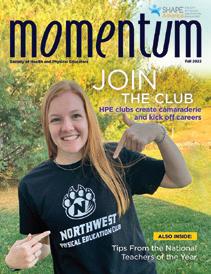
SWINK FAMILY NAMED 2022 FAMILY OF THE YEAR
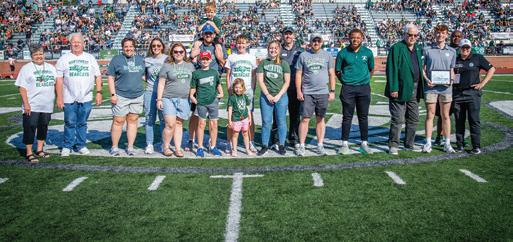
The Swink family of Maryville earned the recognition bestowed each fall on a family who best represents the “Bearcat family” and demonstrates a strong commitment to Northwest. Left to right are Sherry Swink; Arnold Swink; Jennifer Morris Swink ’01, ’19; Abby Swink; Kara Swink Petrovic ’05; John Petrovic ’01, holding Charlie and with Jack standing in front of him; Aiden Petrovic with Lucy Petrovic standing in front of him; Anna Swink ’21; Director of Alumni Relations Duane Havard ’90; Brian Swink ’01, ’15; Student Senate Vice President Dami Popoola; Northwest President Emeritus Dr. Dean Hubbard; Henry Swink, a sophomore international business major; Northwest Interim President Dr. Clarence Green ’94, ’10; and Interim Director of Campus Dining Sara Tompkins. The Swink family also includes Doug Swink’ 95 and Ryan Gove, a Northwest hall director from 1997 to 2000. Sponsored by Campus Dining, the recognition comes with a $750 scholarship and other prizes, including an introduction during halftime of the Family Weekend football game.
PAST, CURRENT FACULTY HONORED BY ASSOCIATED COLLEGIATE PRESS
Four journalism educators with connections to Northwest and decades in the field were among 101 individuals who received the Associated Collegiate Press (ACP) inaugural Pioneer award in October. The honor distinguishes journalism educators and advocates who have provided exceptional leadership to collegiate media programs as well as contributions to collegiate journalism and service to ACP.
Laura Widmer ’79 served as an assistant professor of mass media and student publications director from 1983 through 2012. She is credited with raising the bar for excellence for Northwest student publications. Steven Chappell joined Northwest and succeeded Widmer in 2012 as director of student publications. He has more than 25 years of college newspaper advising experience to go with professional newspaper roles in Alabama and Missouri. Dr. Bob Bergland joined Northwest in 2019 as an associate professor of mass media. Previously, he advised the student newspaper and yearbook for 22 years at Missouri Western State University. He has been connected to the journalism field since 1983. Dr. Linda Smith Puntney served as advisor of the Tower yearbook from 1976 to 1978 and continued to advise Northwest journalism students through training sessions and workshops. Today, she is an emeritus assistant professor at Kansas State University.
INGRAHAM IS 2023 GOVERNOR’S AWARD WINNER
Dr. Nissa Ingraham, an associate professor of professional education who joined the Northwest faculty in 2006, will receive the 2023 Governor’s Award for Excellence in Education. The Governor’s Award is sponsored by the Missouri Council on Public Higher Education and presented annually to an outstanding faculty member representing each of Missouri’s four-year public institutions. Recipients are based on criteria for effective teaching and advising, innovation in course design and delivery, service to the University and community, and a commitment to high standards of excellence and success in nurturing student achievement. Ingraham’s diverse and impactful responsibilities have included teaching a new educational diagnostician master’s program, offering Spanishlanguage programming for Horace Mann Laboratory School students, and instructing numerous education, Spanish methods and doctoral students. Ingraham’s students commend her as extremely caring with lofty expectations. As a scholar, she routinely publishes in top journals, presents at prestigious conferences and is a highly regarded qualitative researcher. Her nominator wrote, “Dr. Ingraham is an incredible teacher with far-reaching impact, and her truly excellent work enables so many to be successful. She is a model of teaching excellence.”
STRICKLAND NAMED NEXT DAU PROFESSOR OF INSTRUMENTAL MUSIC
Dr. Katy Strickland, an associate professor of music and the director of bands at Northwest, has been named the Department of Fine and Performing Arts’ third Dennis C. Dau Professor of Instrumental Music. Faculty are selected to receive the three-year appointment based on continued exemplary service in the field of instrumental music, a high level of productivity and significant impact at Northwest. Strickland joined the Northwest faculty in 2013 and was the University’s recipient of the 2018 Governor’s Award for Excellence in Education. She has played a significant role in the growth of the Bearcat Marching Band while incorporating technology and unique instruction methods into classes and rehearsals. She served as chair of Northwest’s Department of Fine and Performing Arts from 2017 through last spring.

To make a gift in support of the Dennis C. Dau Endowed Professorship in Instrumental Music or for more information about the Northwest Foundation, contact the Office of University Advancement at 660.562.1248 or advance@nwmissouri.edu.
OPEN
TOALL
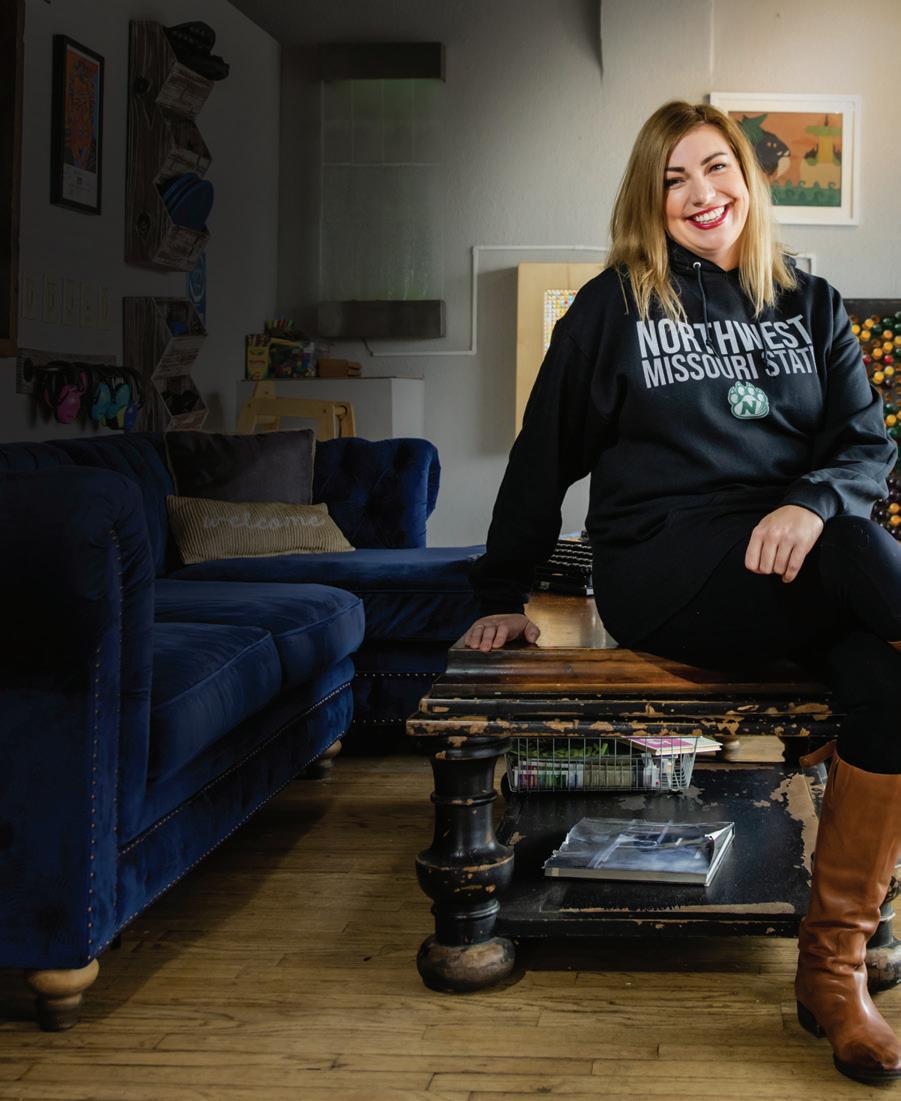
TIFFANY FIXTER PROMOTES EDUCATION, INCLUSIVITY AT BREWABILITY
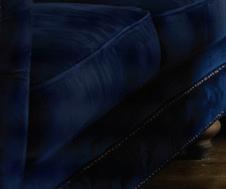
By Mark Hornickel Design by Kim Surprise Photography by Todd Weddle




It’s a Friday night in November at Brewability in downtown Englewood, Colorado. Nearly every seat is occupied as local band Dear Marsha belts out classic rock favorites and leads crowd sing-alongs.
What people fi nd at Brewability is anything but another joint serving pizza and beer. Rachel, who has Down syndrome, is waiting on tables, delivering pans of madeto-order pizza with purpose. Juliana, who is visually impaired, is gracefully working the bar and pouring glasses of beer. And when Jose, a kitchen worker who has Down syndrome, joins Dear Marsha for a rousing round of Prince’s “Purple Rain,” the crowd lovingly cheers him on.
“If you come to Brewability and you don’t leave feeling great, there’s something wrong with you,” Dear Marsha vocalist Raina Ayres says between songs. Brewability – a bar and restaurant providing training and jobs in the brewing and hospitality industry for adults with intellectual and developmental disabilities – brims with inclusivity, acceptance, smiles and laughter. It’s the dream-come-true of Tiffany Fixter ’07. “People say ‘The vibes are good here.’ That’s what they say – ‘the vibes,’” Fixter says as she watches over the room with pride.
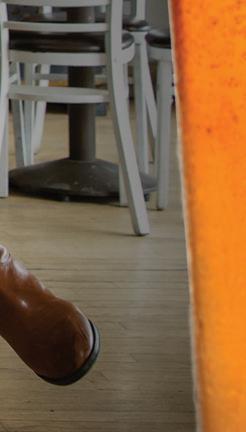
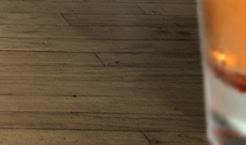

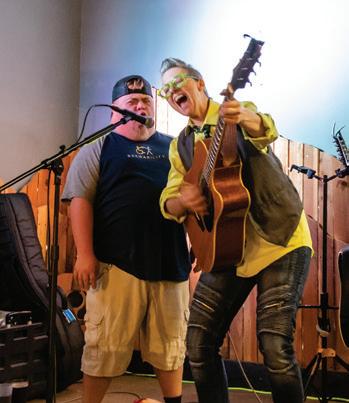
A DESIRE TO HELP OTHERS

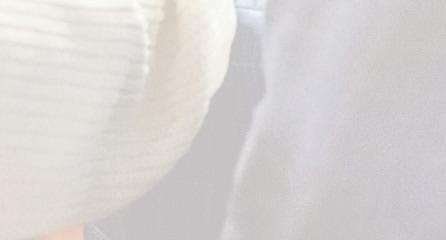
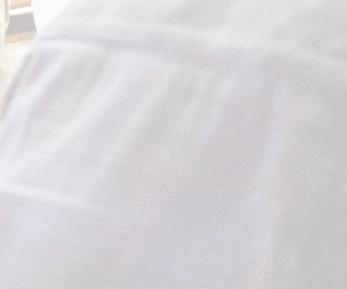

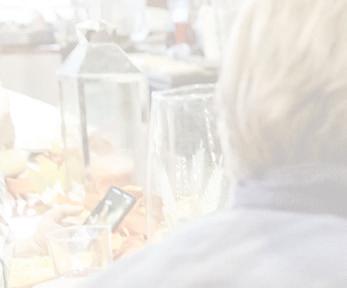
Fixter, who grew up in Lincoln, Nebraska, is a daughter of entrepreneurial parents. Her father, who grew up in the Denver suburb of Englewood, has worked in the jewelry industry for most of his life, and her parents own an antique store in Estes Park. To help Brewability move to its Englewood location in 2019, Fixter’s mother sold her bakery. “I should have taken some more business classes at Northwest ’cause now I’m doing it,” Fixter jokes. Still, when Fixter headed to Northwest, her mother nudged her toward education. She became an elementary education major with a cross-categorical emphasis in K-12 special education. She also joined Alpha Sigma Alpha sorority and enjoyed participating in philanthropy activities to support Special Olympics, in addition to working with Maryville families with disabled children. “Even growing up, in elementary school and middle school and high school, I was always helping out kids with disabilities,” she said. “I just kind of always have done that and a lot of charity work with my dad. He was involved in Kiwanis, so when I was in high school I started Key Club there. It’s really important to give back, so that was ingrained in me as a kid.” After studying abroad for a semester in Australia, Fixter returned to Northwest to fi nish her bachelor’s degree and secured an internship as a practicing teacher in Kansas City Public Schools – an experience in an urban setting that presented numerous challenges for which she concedes she was not prepared. But she persisted and took on a master’s degree program through the University of Kansas, teaching during the day and attending classes at night. “I actually wanted to work for Disney World, being the guest relations person,” said Fixter, who completed her master’s thesis about vacation experiences for people with autism. “I was really interested in people with disabilities and how they interact with the community.” In 2014, Fixter decided to leave teaching and relocated to the Denver area to become the director of a day program for adults with disabilities. That lasted for barely a year until, Fixter says, she was let go for showing a lack of creativity. “I really thought it was like moving up, being in charge of a huge program, but it was defi nitely a switch from being a public school teacher,” Fixter said of the program that had her overseeing the care of 135 individuals who had medical needs that required her to earn additional certifi cations. “I realized that I only had one person out of the 135 who had a part-time job,” Fixter said. “It felt like wasted potential.”
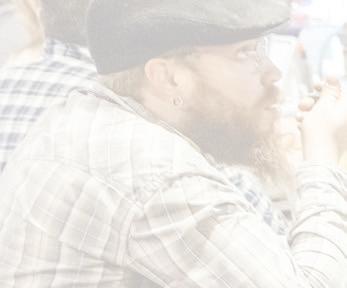
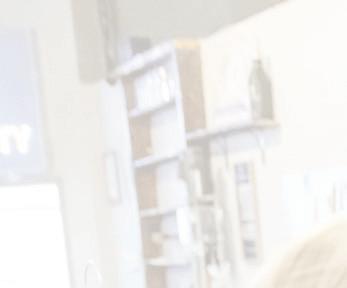
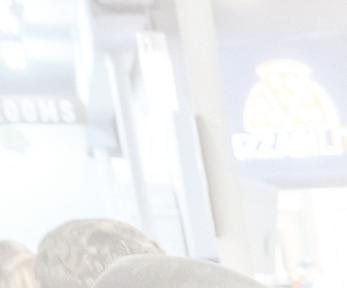
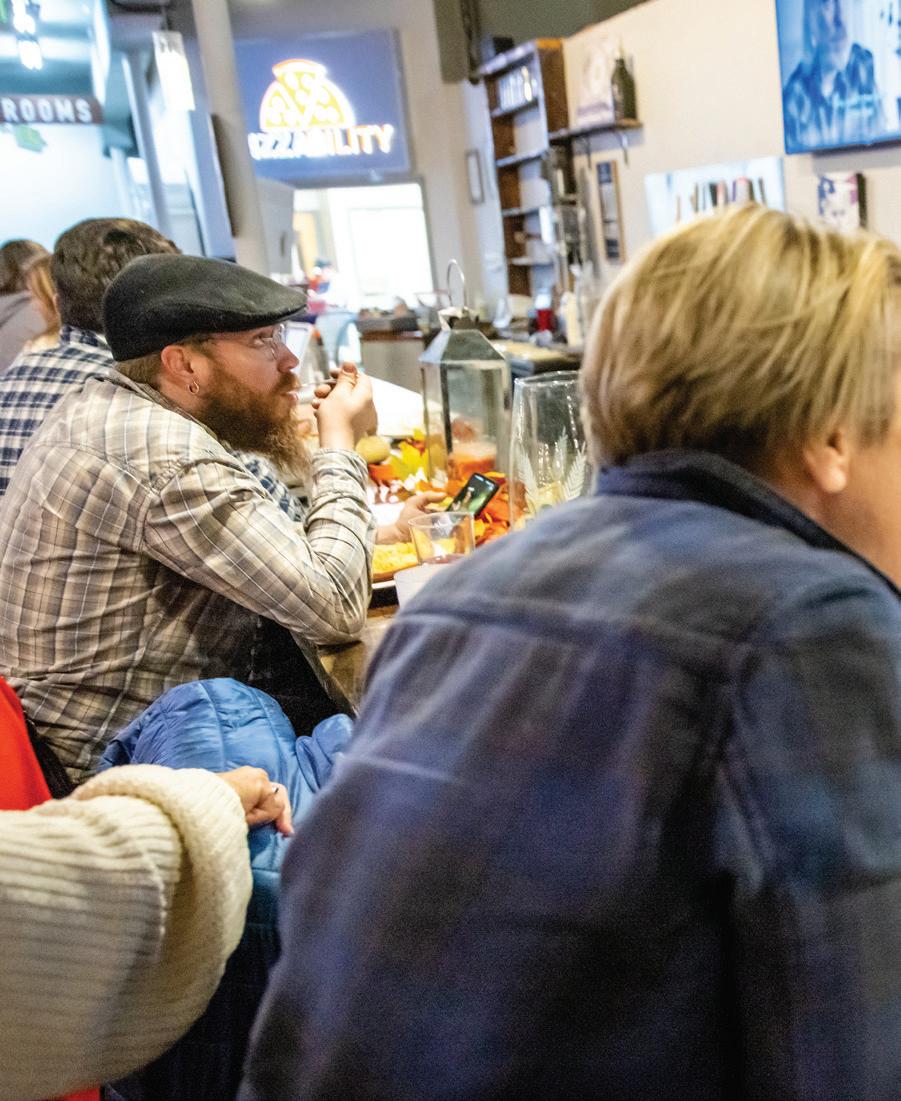
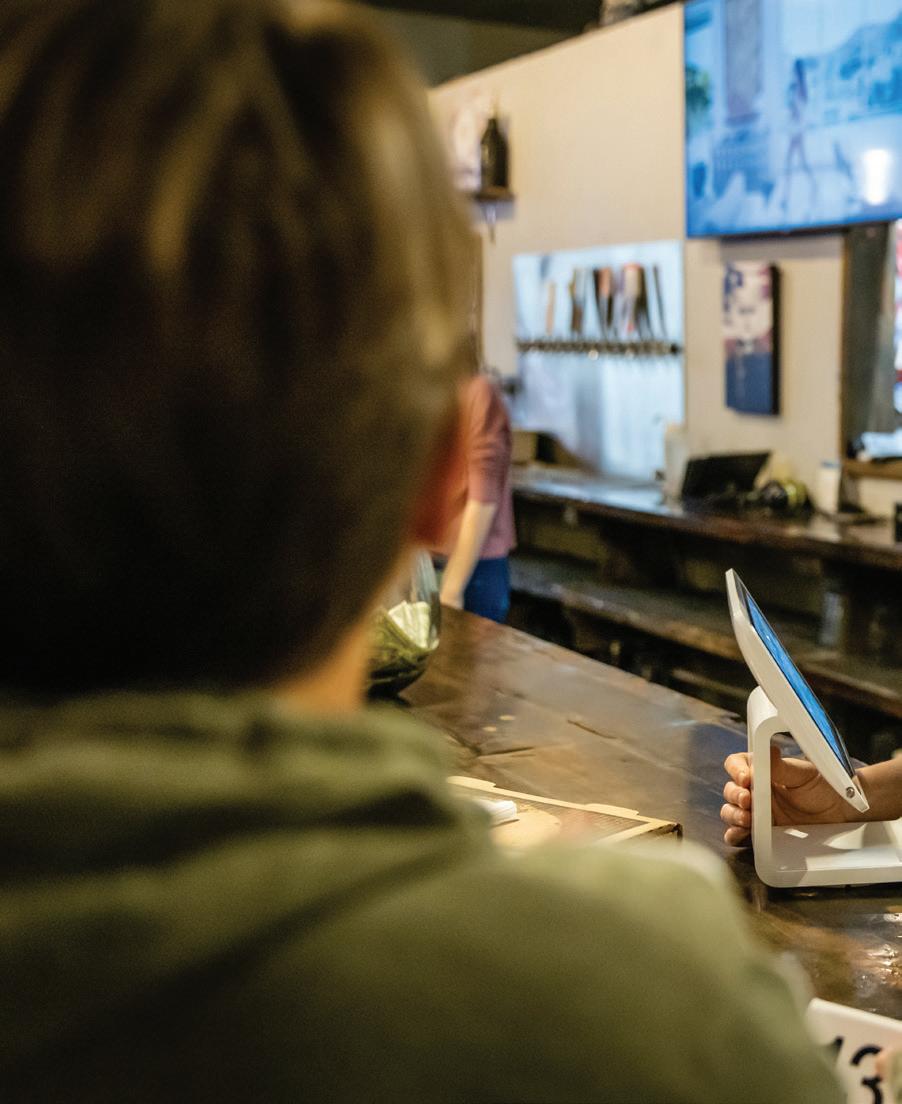
A BUSINESS IDEA BREWS
So Fixter created Brewability in 2016 with help from a Kickstarter funding campaign. She envisioned a family-friendly space where adults with disabilities are gainfully employed and every aspect of the operation is purposeful. She wanted a place where employees and customers alike could feel safe and in control. It hasn’t been easy. Fixter’s journey with Brewability has been a continuous process of trial and error in the face of pushback and threats from people who disagree with her inclusive business model. She trialed the concept at a Denver incubator for craft brewers and then opened Brewability’s fi rst location in a garage at an industrial park in northeast Denver. “It showcases what people with disabilities can do and how they should be involved in our community,” Fixter said. “They shouldn’t be hidden away in day programs. They should be out in the community. It’s OK if they want – if it’s medically OK for them to do so – to have a beer. They’re not children. Everybody needs a purpose.” Then, in 2018, one of Brewability’s customers offered Fixter a turnkey pizzeria in Denver’s Cherry Creek neighborhood. Fixter took it and opened Pizzability, although she didn’t have any experience operating a pizza restaurant. “My mom and I went to the Las Vegas pizza convention and signed up for every class we could, just to learn everything we could about pizza,” Fixter said. “Then you’ve got to dive in and do it.” Eventually, though, Fixter had to confront the complexities of managing two locations that she was leasing, and neither were prime spots for the accessibility Brewability and Pizzability needed. With both leases expiring, Fixter began looking for a location she could purchase to merge the two concepts. She found it in the middle of downtown Englewood at a century-old building with history as a public market, appliance store and music store. With her mother’s help and some grant funding, Fixter moved the businesses into their current single location in late 2019.

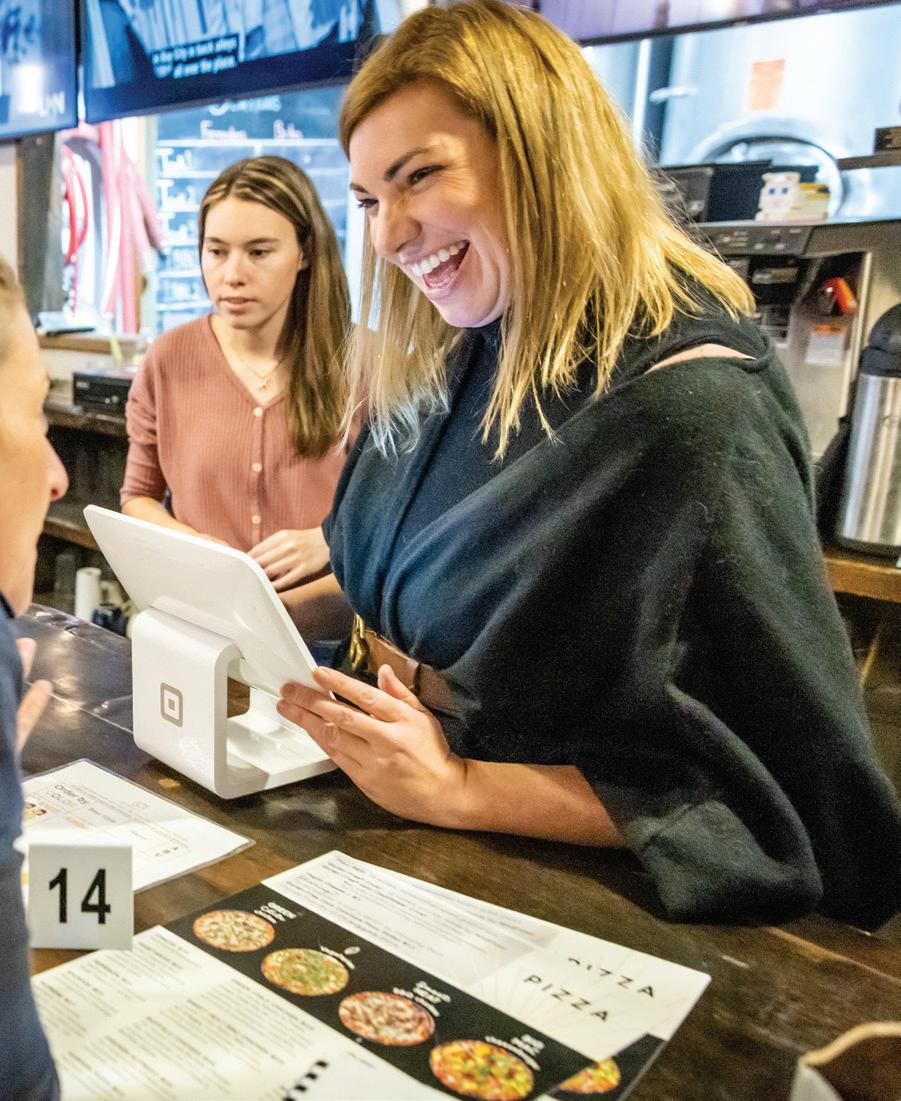
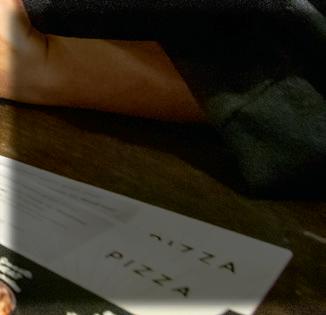
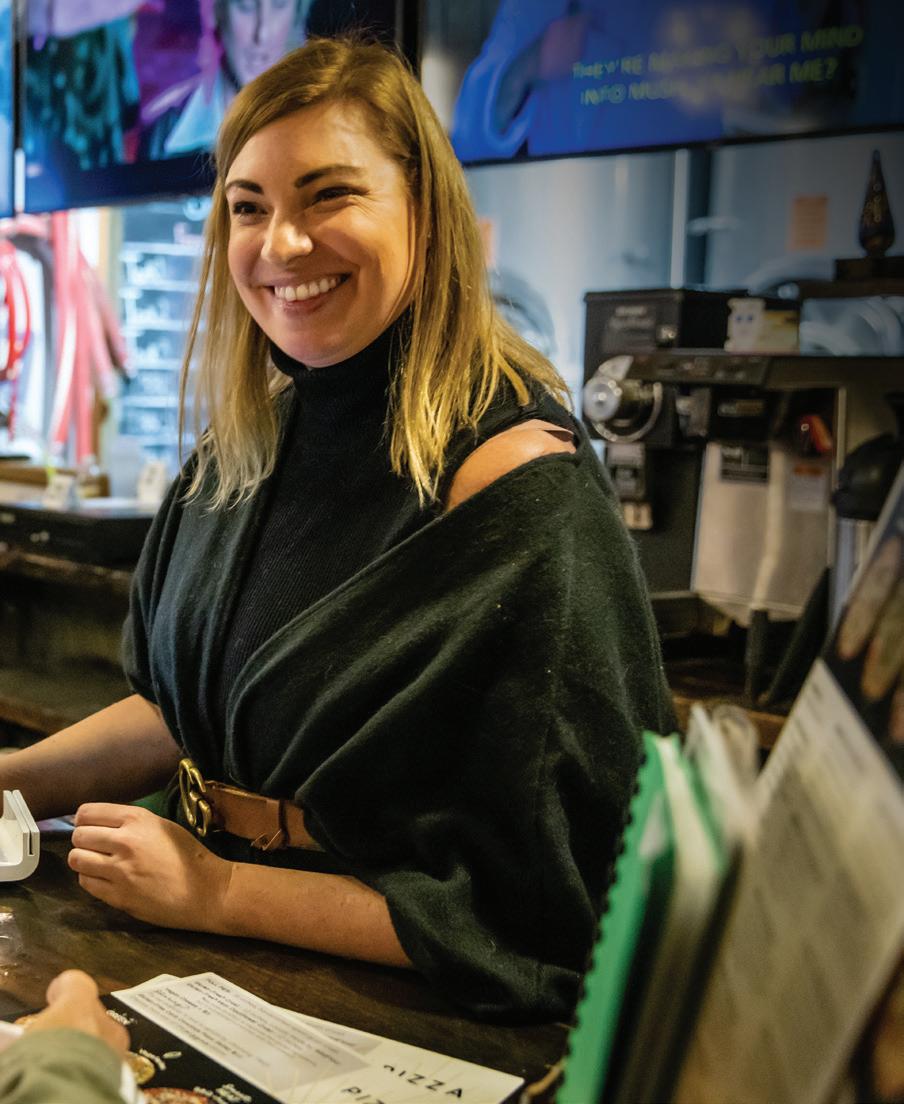
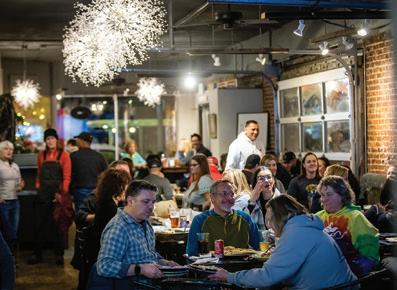
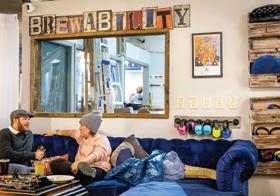
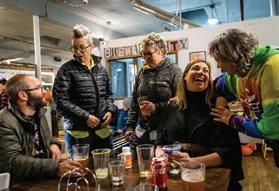
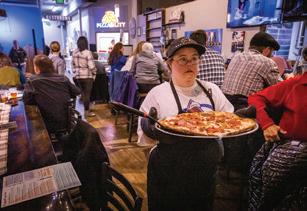
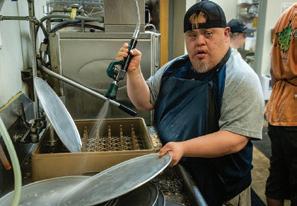
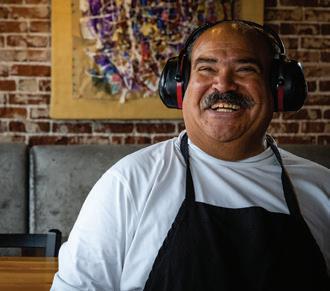
LISTENING AND ADAPTING
Brewability is centered in a vibrant downtown strip of Englewood, near a hospital with a leading brain injury and spinal cord treatment center, as well as the Colorado Center for the Blind. With about 25 employees who operate the business under her guidance, Fixter has implemented systems that enable staff independence. The beer taps are color-coded and have Braille labels. Menus are available with pictures for patrons who cannot read and in Braille for those who are visually impaired. Brewability also partners with Special Olympics and hosts “Blind Bingo” nights with the National Federation of the Blind. On Saturday mornings, it offers programming that includes Zumba, adaptive fitness, wheelchair stretching, Pilates and self-defense training – in addition to being a hotspot for watch parties and birthday parties. Fixter adds amenities and services largely based on ideas and feedback provided by patrons. “I don’t have a disability, personally, so I think it’s really important to listen to people that do and not make decisions just based on what I think they need,” she said. “It’s just keeping a list of what people mention they might need because somebody else is going to come in and might need that, too.”
CONTINUING EDUCATION
The Pizzability sign from the former Cherry Creek location hangs on a back wall of the Englewood building as a reminder of the business’s origins. In the meantime, Fixter dreams of expanding to the building’s rooftop, refurbishing its basement for additional dining space and adding an elevator. More than that, she wants to inspire people and show other business owners what people with disabilities are capable of doing. It’s not uncommon for parents – particularly those bringing children with disabilities to Brewability for the first time – to cry as they settle into the restaurant’s warm and caring atmosphere. “They can see that there’s an opportunity for their kid when they grow up, and there’s a safe place for them to dine,” Fixter said. “They’re accepted and not stared at. That happens almost weekly, but it still gets me every time.” Brewability also has an effect on people who are not accustomed to interacting with others who have disabilities. “It’s important to be so customerfacing and interactive because there are people that have never interacted with someone with a disability until they come in here,” Fixter said. “It’s a great opportunity to directly educate our customers.”
CLOSING TIME
By around 10:15 p.m. on that Friday night in November, the band had finished playing and the noise that filled the room had dissipated to a soft buzz of conversation accompanied by the clinking of glasses and plates. One by one, as employees finished their duties for the night, they came to a table where Fixter was seated to exchange hugs and “love yous.” Fixter beamed again as she watched them exit the building with caregivers or to catch their waiting transportation. The success stories surrounding her employees are so numerous now, it’s difficult for Fixter to pick out even a handful that are most meaningful to her. “Every day there’s something,” she says. “It’s hard to remember where they started because they’re just so independent now. Everything just clicks. I’m really proud of them.”
“It showcases what people with disabilities can do and how they should be involved in our community. They shouldn’t be hidden away in day programs.”

Tiffany Fixter
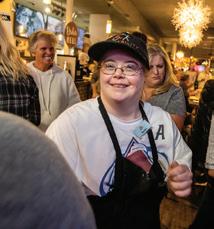
Rachel 41, has worked at Brewability since 2019. Asked what she enjoys most about working at the business, she said, “I love making pizza and dancing, too, and singing.”

Alex a 32-year-old bartender, with his 8-year old guide dog, Paolo, enjoys serving customers and talking sports with them. Alex, who is visually impaired and autistic, was one of Brewability’s fi rst employees.
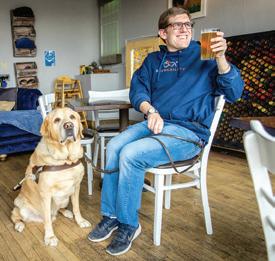
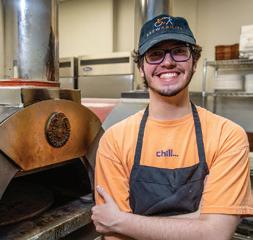
Faces of
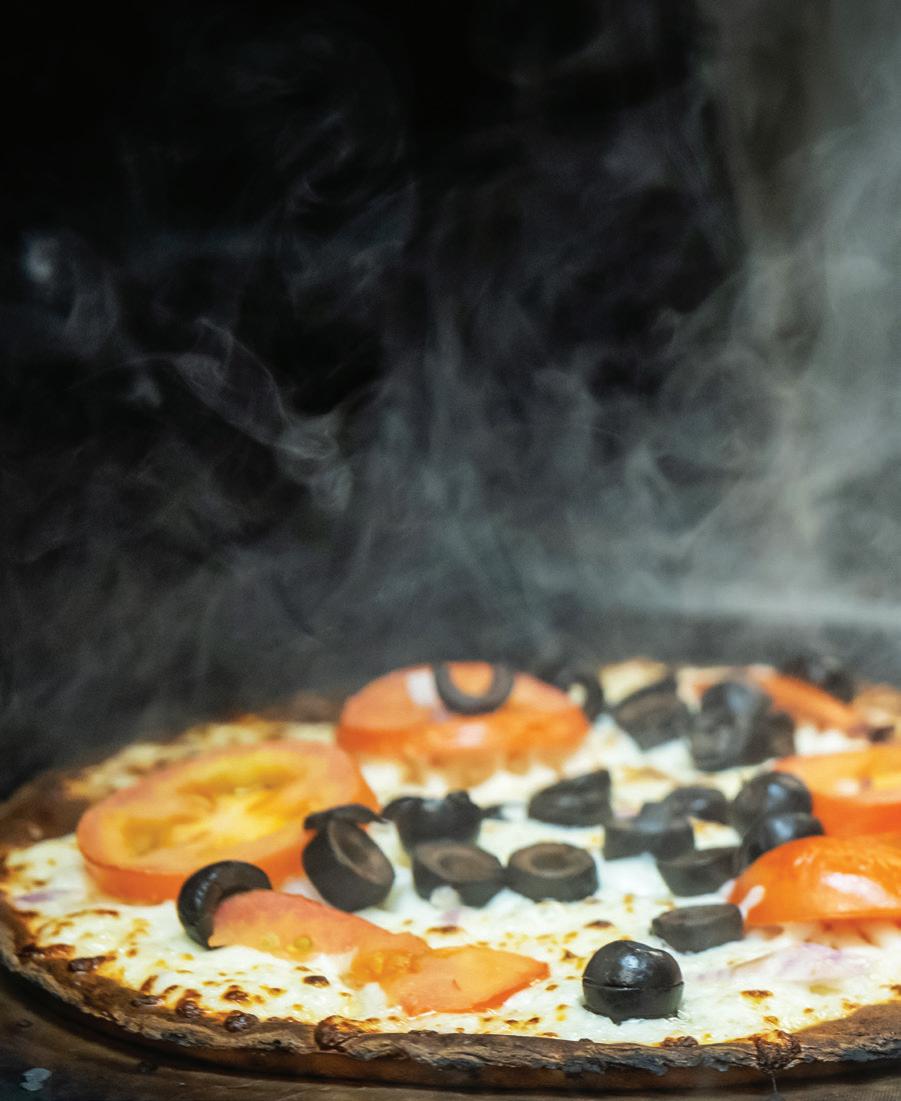
Brewability

Jacob 21, is a cook and bartender who learned about the business from his behavioral therapist. “It’s a very good thing – more inclusion in today’s society – because that’s what needs to happen. It makes me feel happy.”

Juliana 24, has only 40 percent of her sight and began bartending at Brewability after meeting Fixter at a job fair. “It’s empowering,” she said. “I’m very grateful to her for what she’s done for me and being able to be around people who all have a story, and it’s just a very welcoming environment.”
